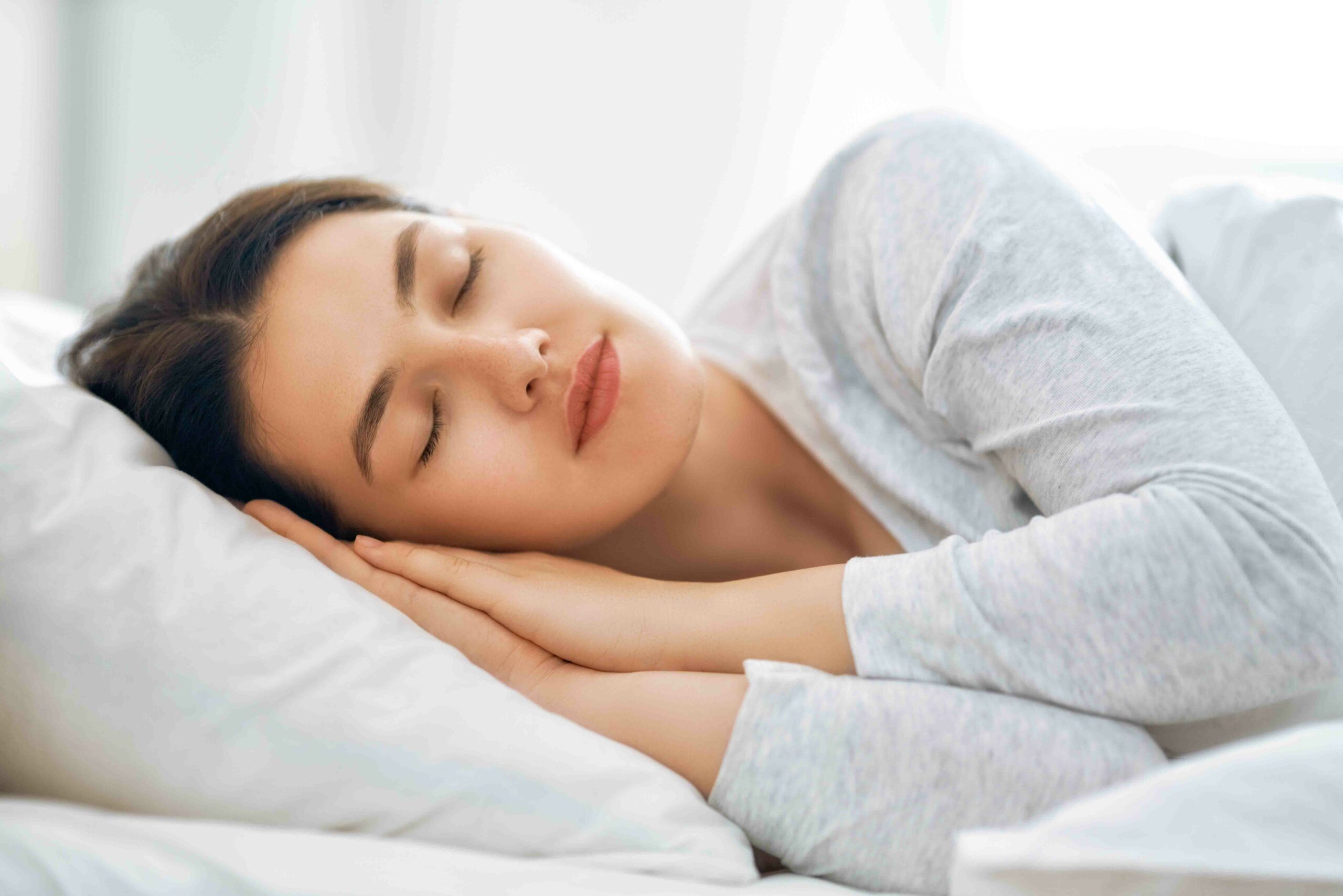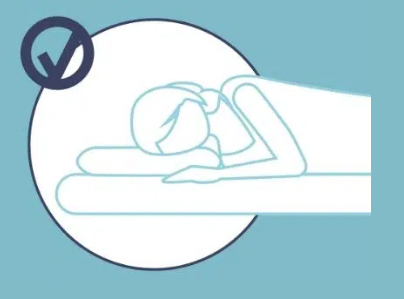It goes without saying that sleep is critical to our health, along with a healthy diet and regular exercise. However, are you finding that despite all these things checked and with plenty of sleep, you’re still waking up tired?
Are you finding that you’re still having to take regular naps during the day? It may be that you’re focused too much on the quantity of your sleep and not the quality.

What is sleep quantity?
Let’s first understand sleep quantity and its relationship to sleep and health. When we talk about sleep quantity we are referring to how many hours of sleep you get a night.
Quantity of sleep is still a fundamental component of sleep (but not the only one) and varies in significance from one person to the next – often dependent on the individual’s age.
How much sleep do you need?
Both the The American Academy of Sleep Medicine and the Sleep Research Society and Centers for Disease Control and Prevention list the average person’s sleep needs:
- Newborns (0-3 Months): 14-17 hours per 24 hours
- Infants (4-12 Months): 12-16 hours (including naps) per 24 hours
- Toddlers (1-2 Years): 11-14 hours (including naps) per 24 hours
- Preschoolers (3-5 Years): 10-13 hours (including naps) per 24 hours
- School-Age Children (6-12 Years): 9-12 hours per 24 hours
- Teenagers (13-18 Years): 8-10 hours per 24 hours
- Adults (18-60 Years): 7-9 hours per night
- Adults (61-64 Years): 7-9 hours per night
- Adults (65+ Years): 7-8 hours per night
For adults, sleeping less than seven hours a night has been associated with a range of poor health outcomes. These include increased heart problems and chronic diseases such as diabetes and dementia.
However, we see some of our patients that we work with are telling us that they sleep for up to eleven hours, yet they regularly nap during the day and still don’t feel refreshed.
This is a perfect example of why quantity of sleep isn’t necessarily the only factor to consider when trying to get a good night’s sleep.

Sleep quality
Sleep quality is the measurement of how well you’re sleeping. According to the National Sleep Foundation the quantity of sleep you get is important, but so is the quality.
In fact they go on to say that
“the quality of sleep is just as important to your well-being and often more strongly relates to your overall health than does the quantity of sleep.”
Quality of sleep provides the essential physical, mental, and emotional benefits you need. Sleep quality is superior to sleep quantity as an index for assessing sleep, and that restfulness obtained through sleep is a useful index for assessing sleep quality.
So what affects sleep quality?
There are potentially many reasons for contributing to poor sleep quality. We’ve listed a few here;
- Kids waking you up
- A restless partner in bed
- Stresses and anxieties
- Chronic health condition
Here at Levitex, we know that we can’t help with most of these – although we wish we could!
Instead, we can focus on what we do best and that is by concentrating on optimising your sleep posture as a way to improve your quality of sleep.

Sleep posture and quality of sleep
So if you’re someone who is excessively sleeping yet still finding themselves exhausted, clearly there is something wrong with your sleep. We suggest you need to look at sleep posture – it can have a significant impact on sleep quality and you may not need all those hours of sleep in the end.
We’ve found that optimising your sleep posture can directly affect the key indicators of good quality sleep as defined by The Sleep Foundation
- Being asleep longer while in bed (a minimum of 85% of the total time)
- Falling asleep in 30 minutes or less
- Being awake for 20 or fewer minutes after falling asleep initially
- Not waking up more than once each night
Poor sleep posture can cause you to wake up throughout the night with aches and pains, constant tossing and turning when you don’t have adequate support.
You can optimise your sleep posture by taking these three simple steps
- Transition to sleeping on your side. It’s well evidenced that this puts the least tension on your spine. In order to maximise asymmetry we suggest alternating the side that you sleep on.
- Use a pillow that supports earlobe to scapula and keeps your head supported and lifted off the bed.
- Put your old pillow between your knees and ankles so that your hips, knees and ankles are positioned in a neutral straight line.
We realise that optimising your sleep posture and potentially changing the way you sleep can be awkward at first. Nevertheless, we massively encourage you to keep trying, as practising these good habits may go a long way to help you get a good quality of sleep.


